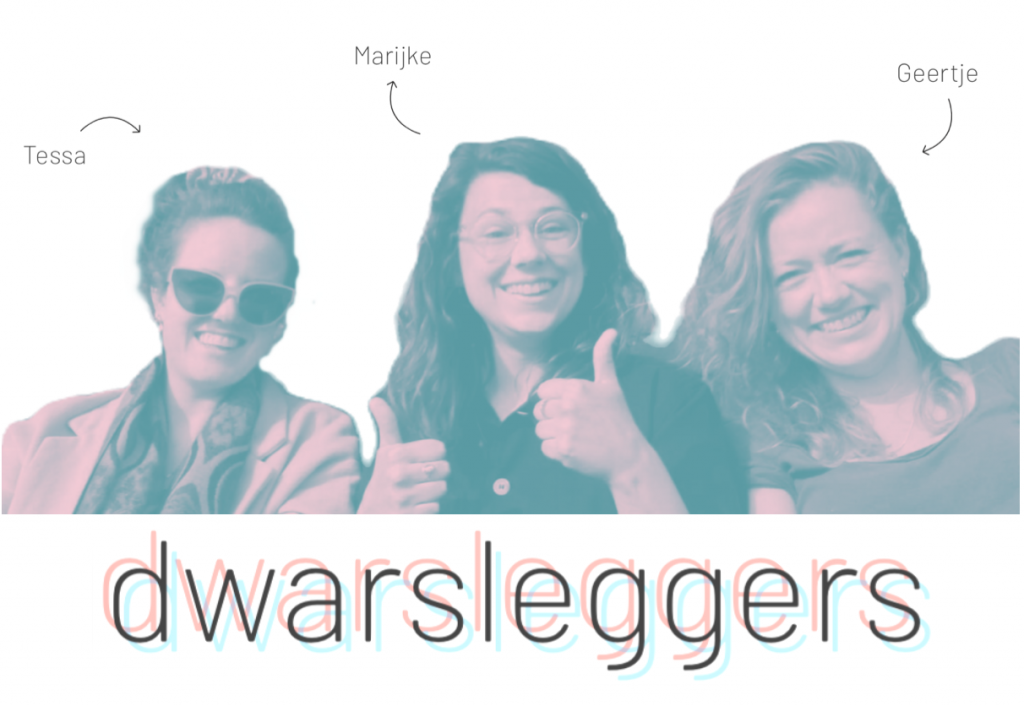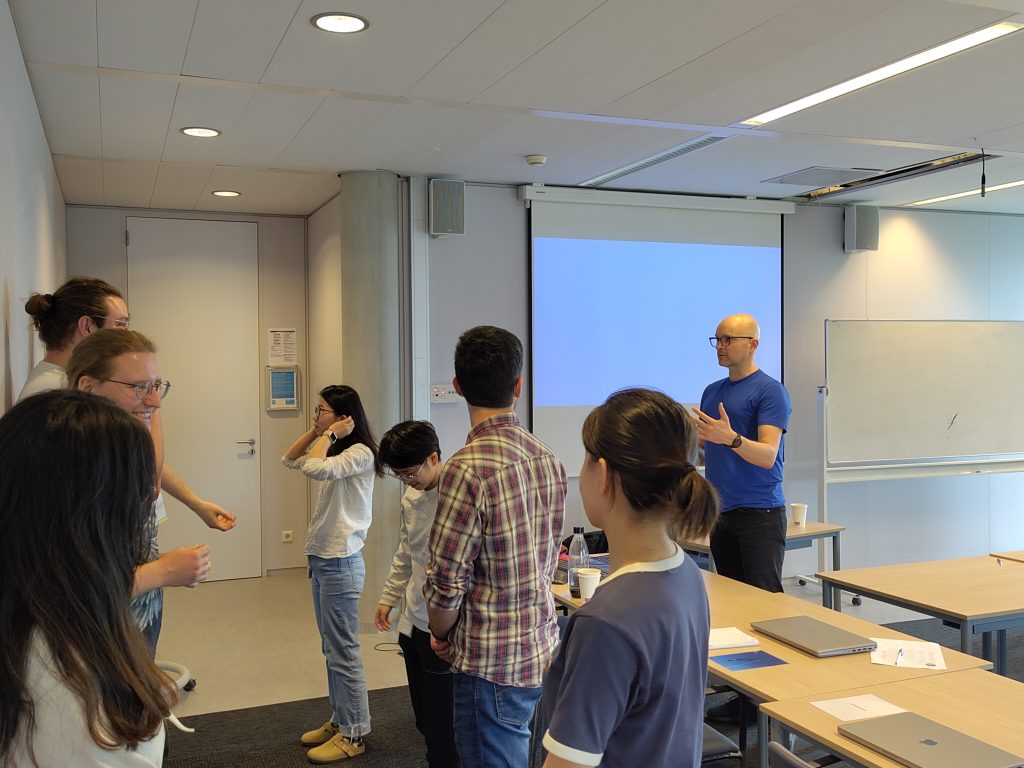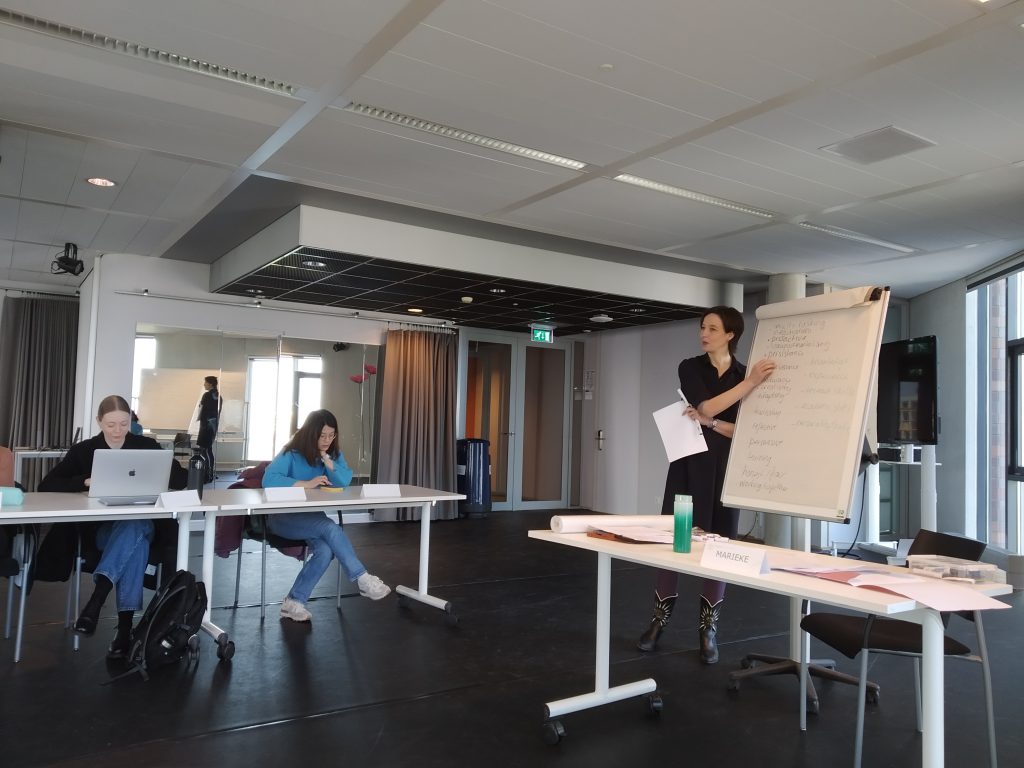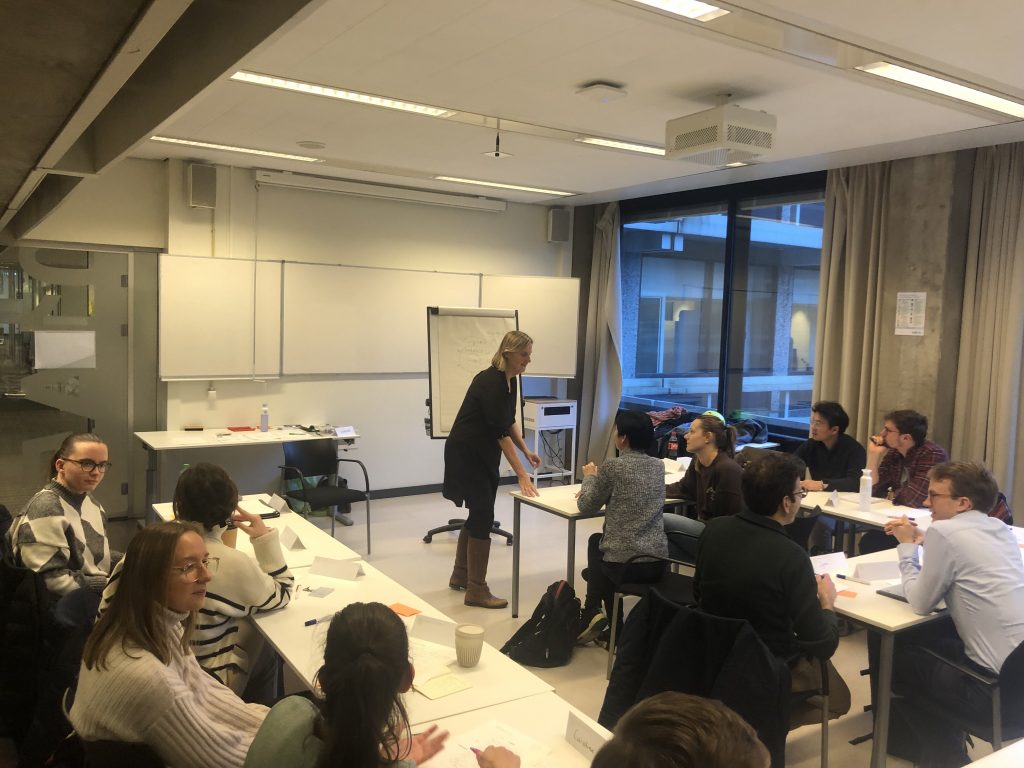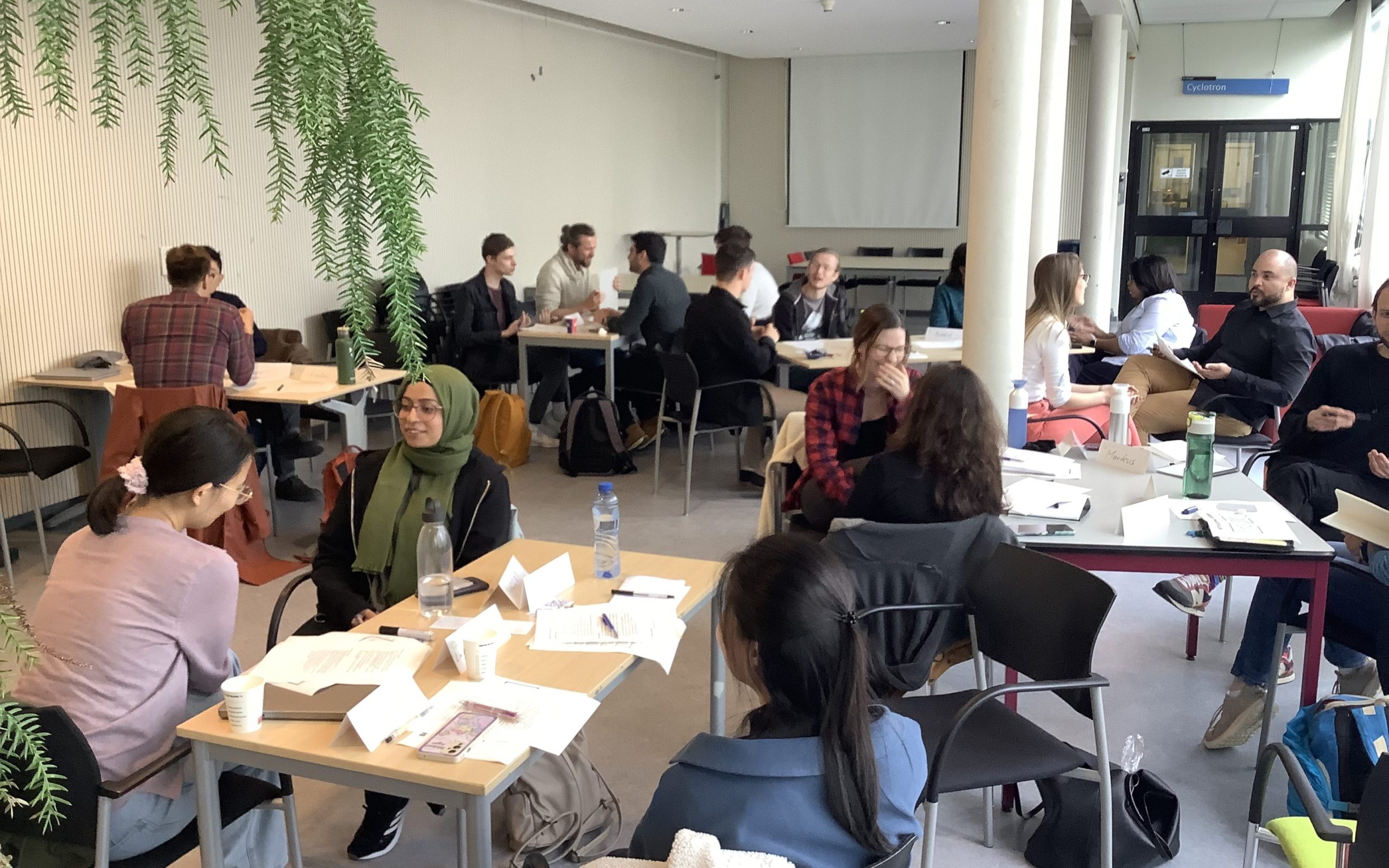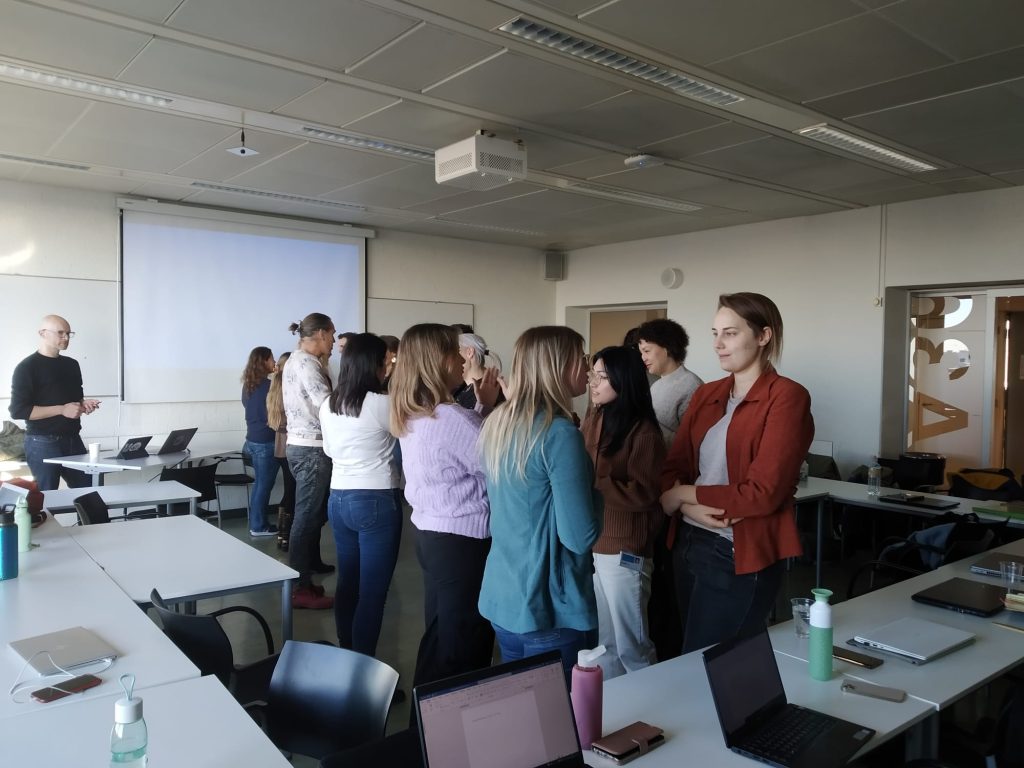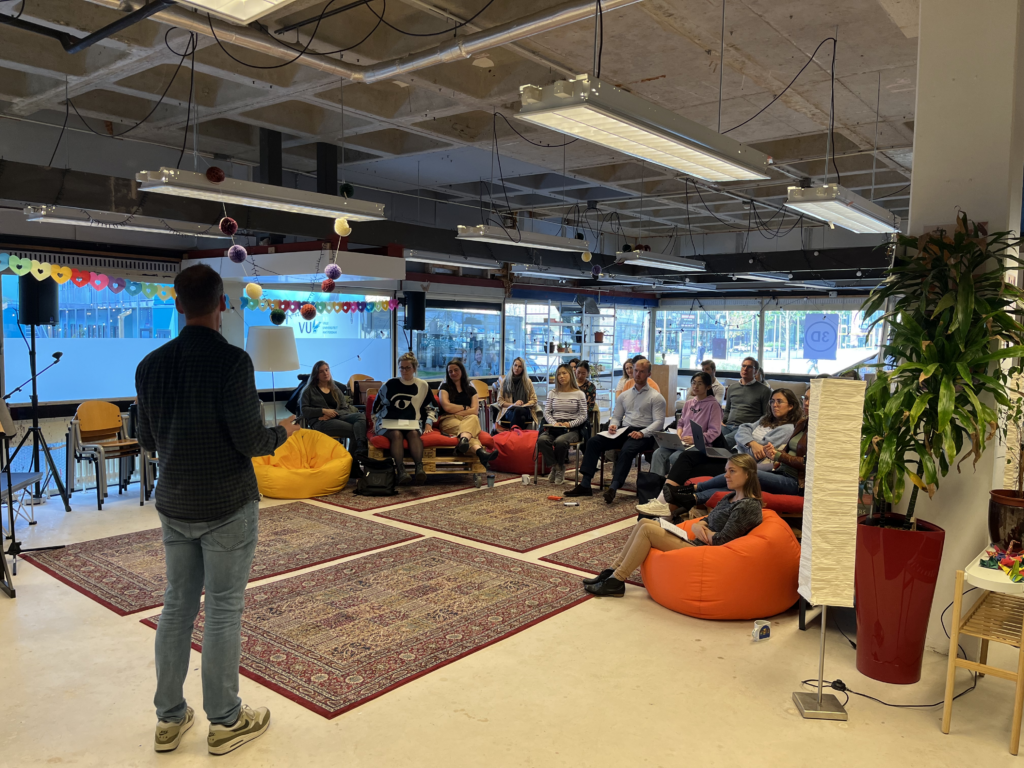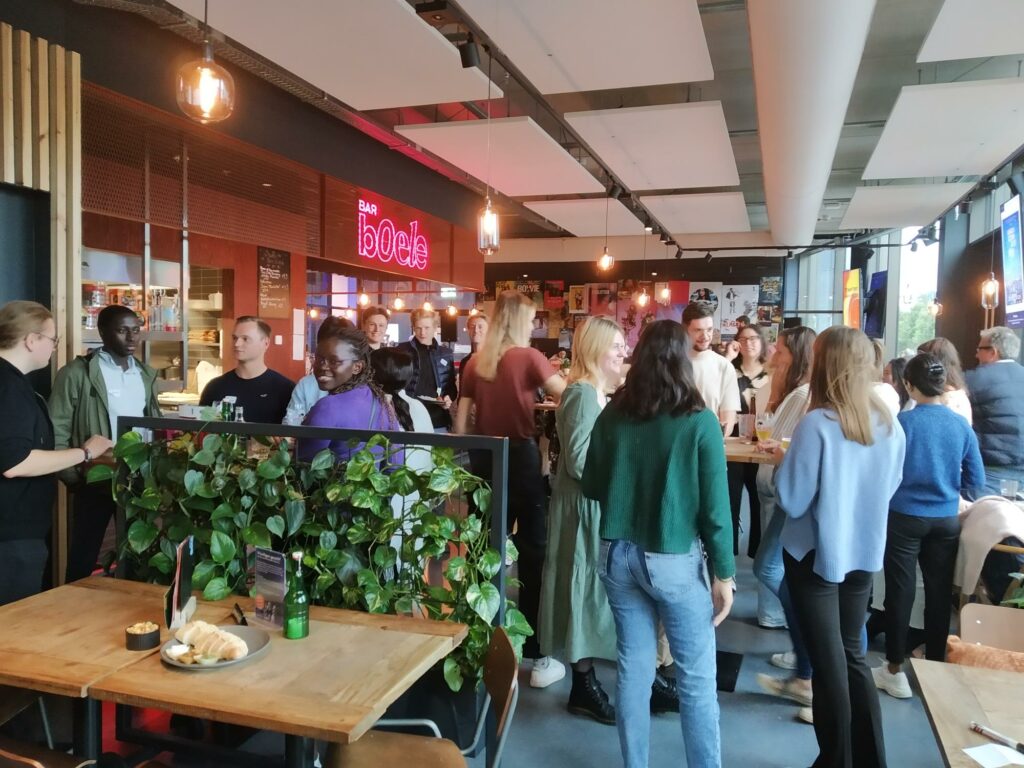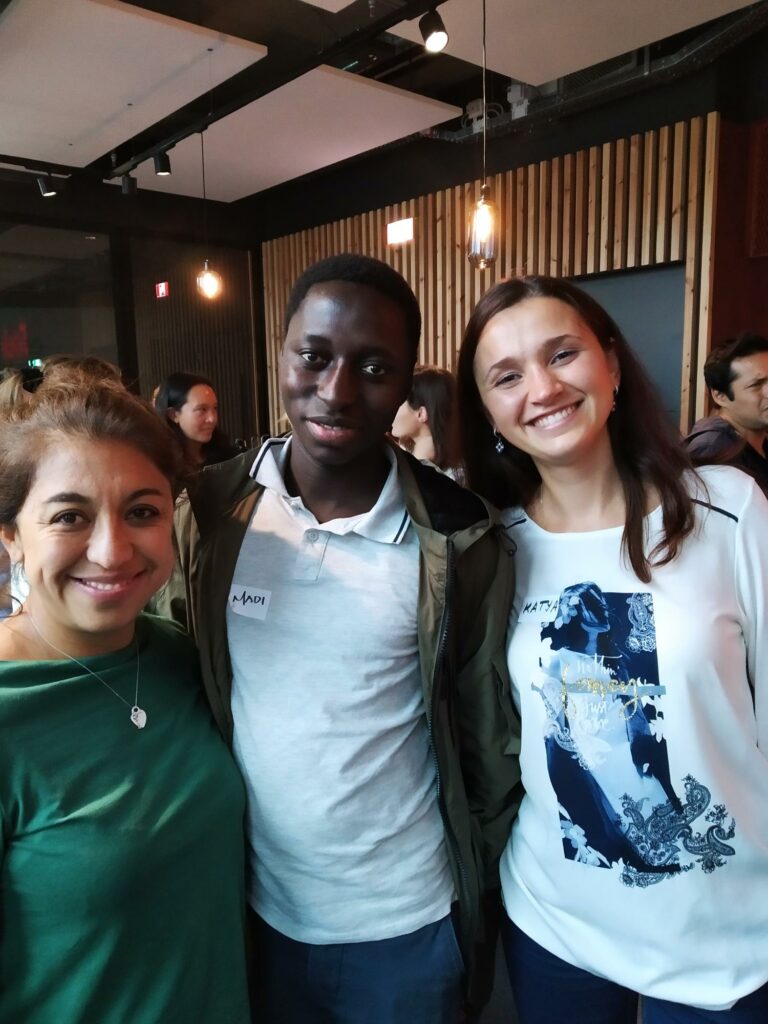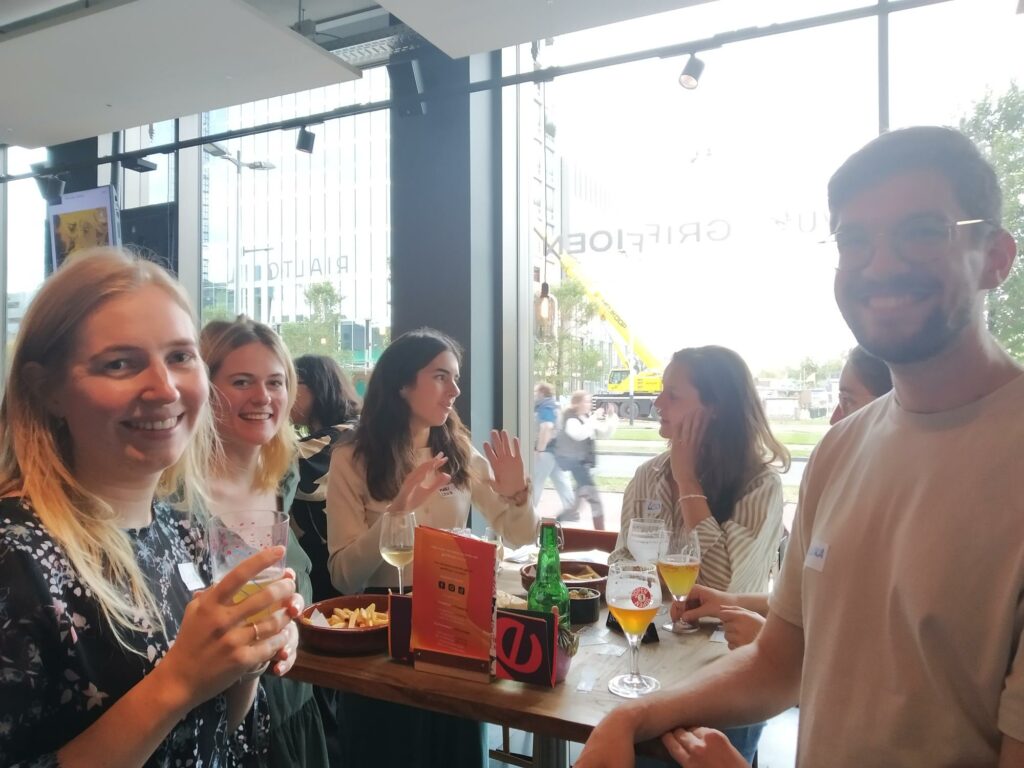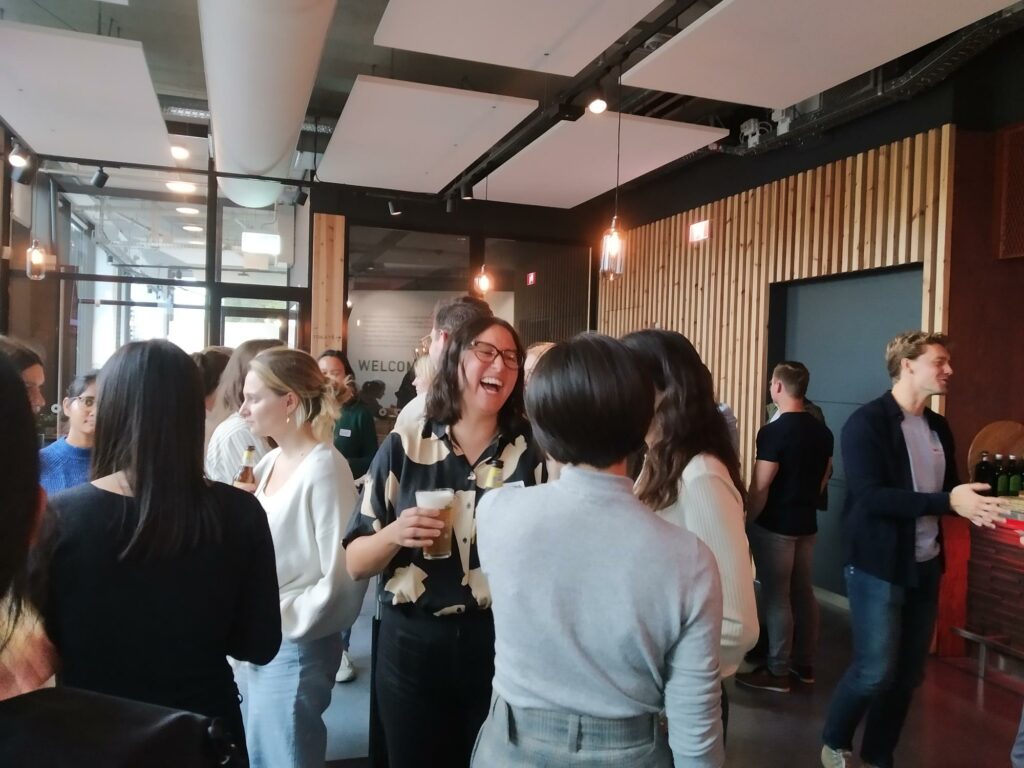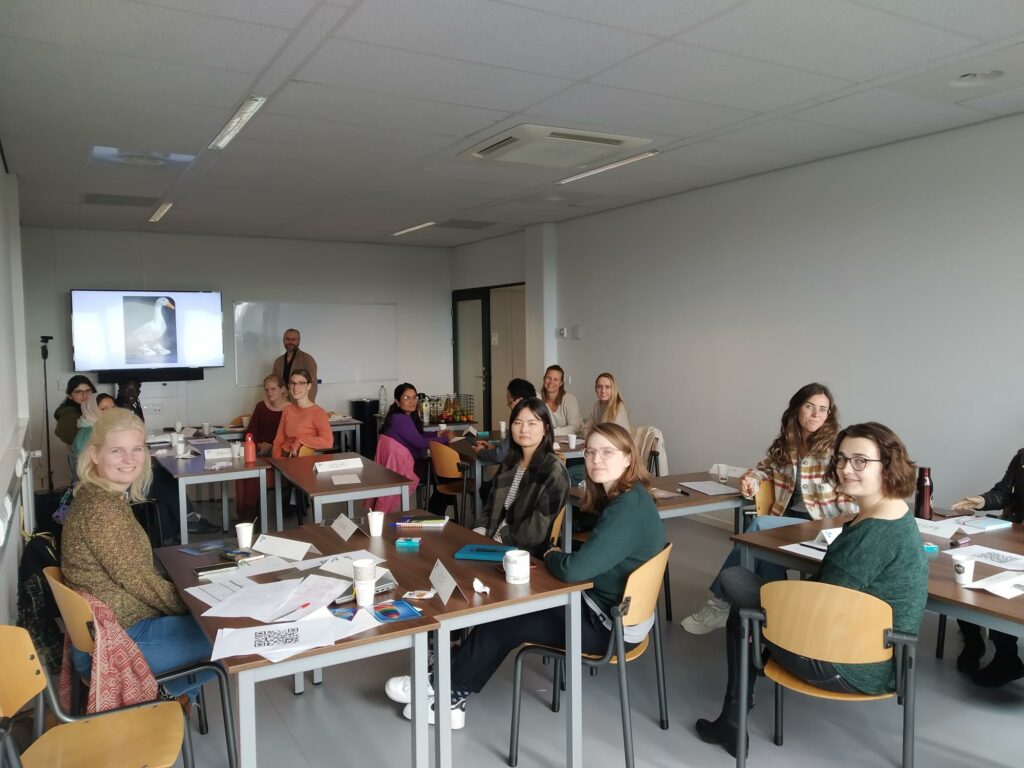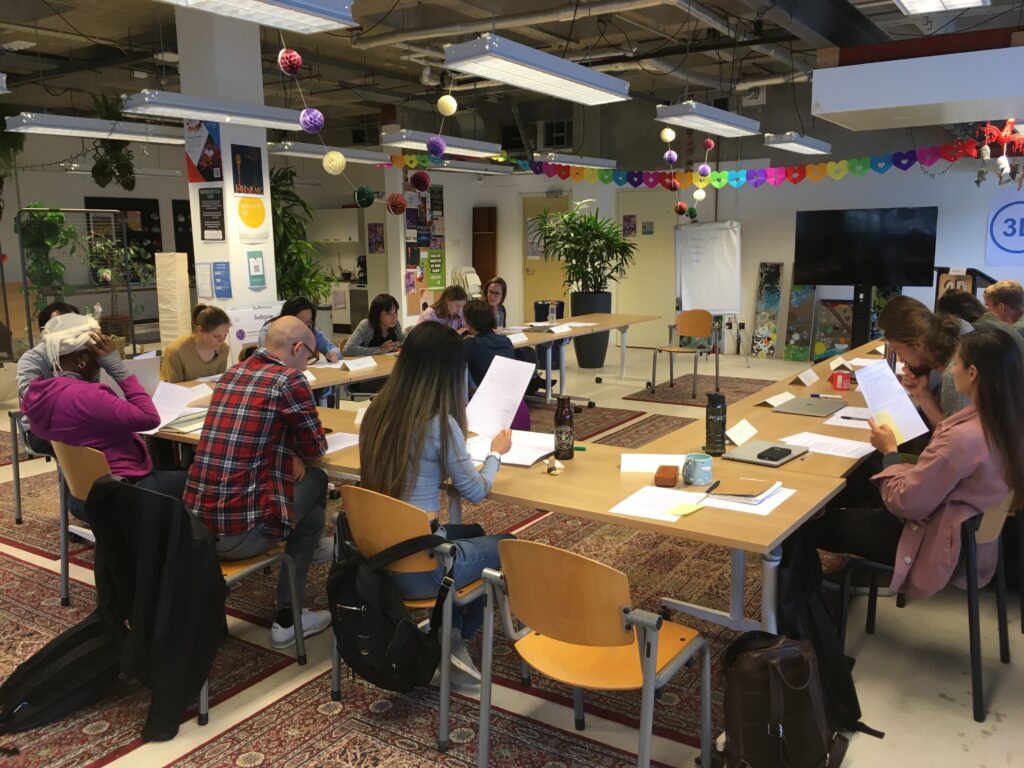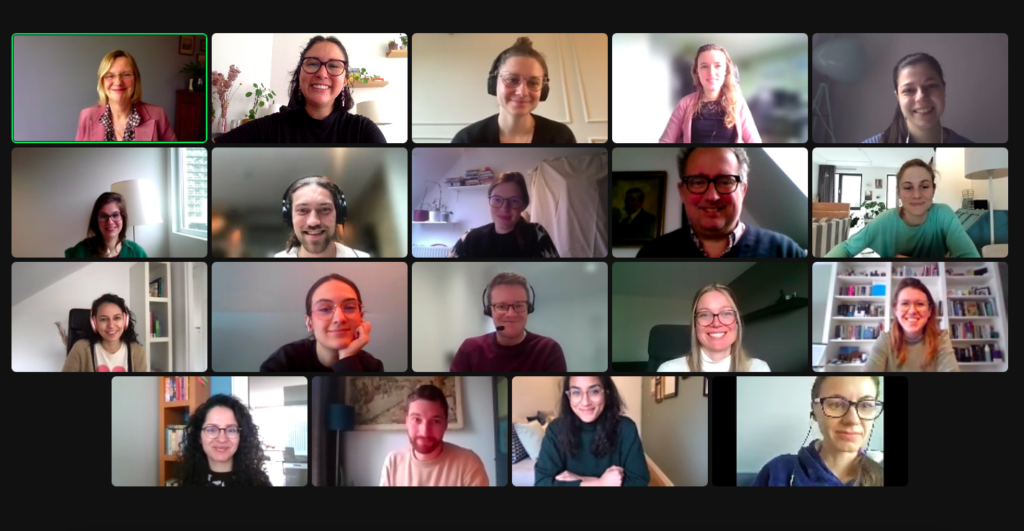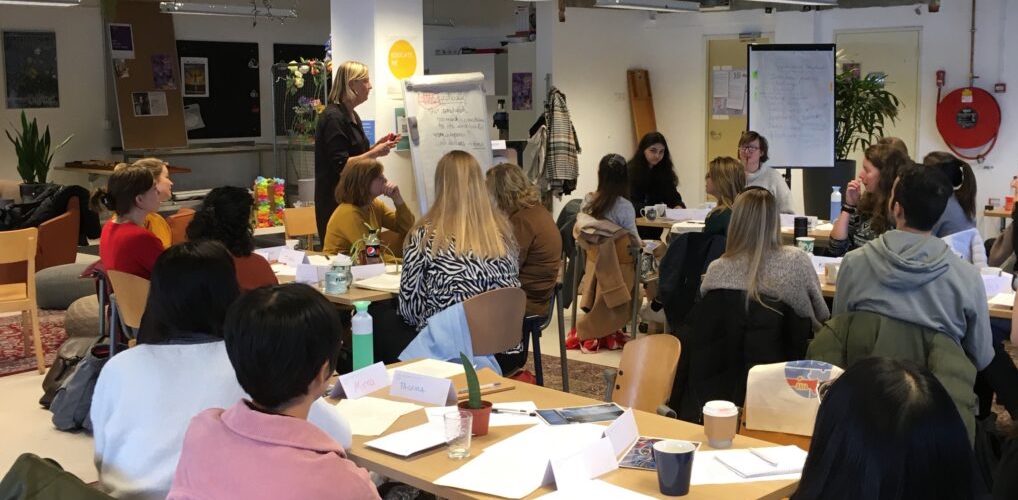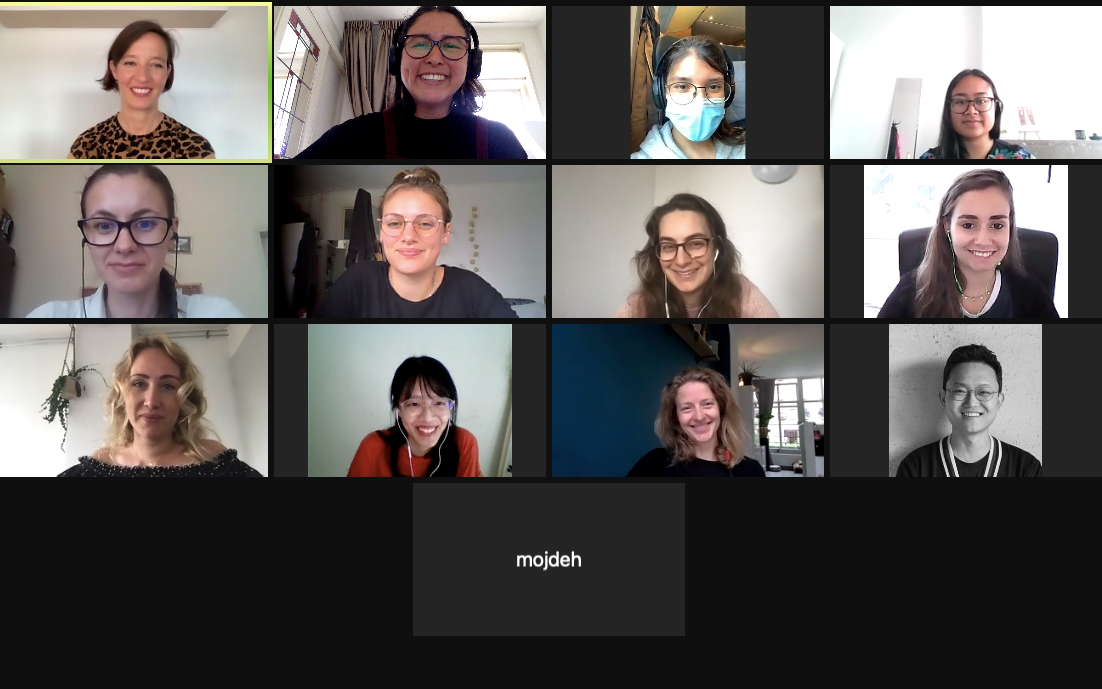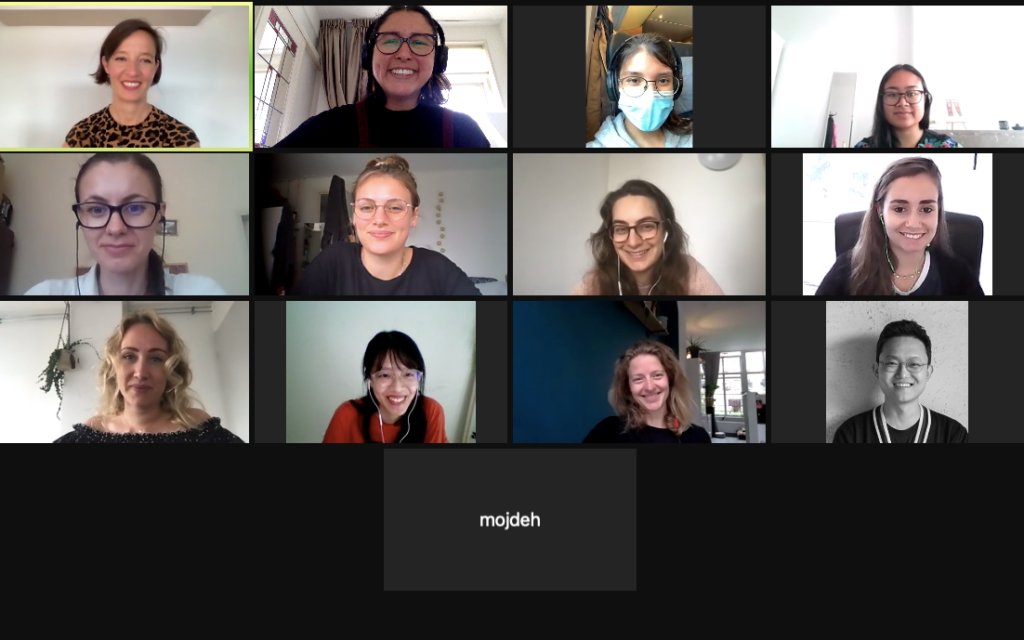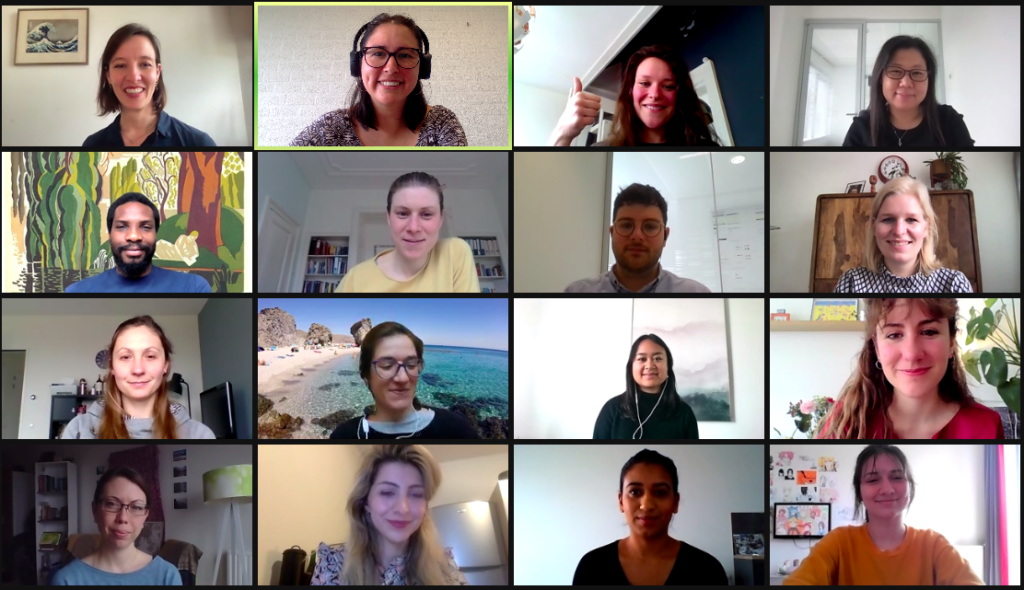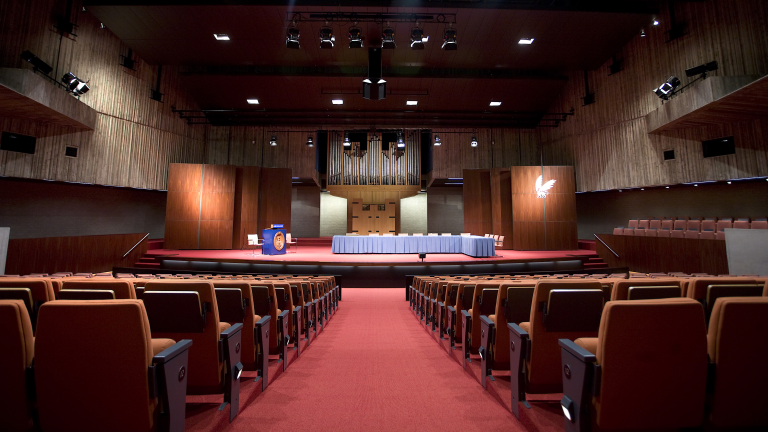Filling yourself with a sense of wellbeing is an important factor that carries you, as junior researchers, through your (post-)doctoral journeys. Only then will you be able to boost your productivity and career development.
Addressing that topic, Forum for Young Scientists organized a 90-minture workshop in which Victor Kraak – PhD psychologist at Vrije Universiteit Amsterdam – raised awareness amongst participants about symptoms of burnout, and more importantly, offered participants different ways and means to reduce the risks of developing burnout symptoms.
The workshop led participants through several research findings related to the topic, and multiple exercises where participants share their own take on the issues. It was well-received by the participants who came from different schools/faculties of Vrije Universiteit Amsterdam.
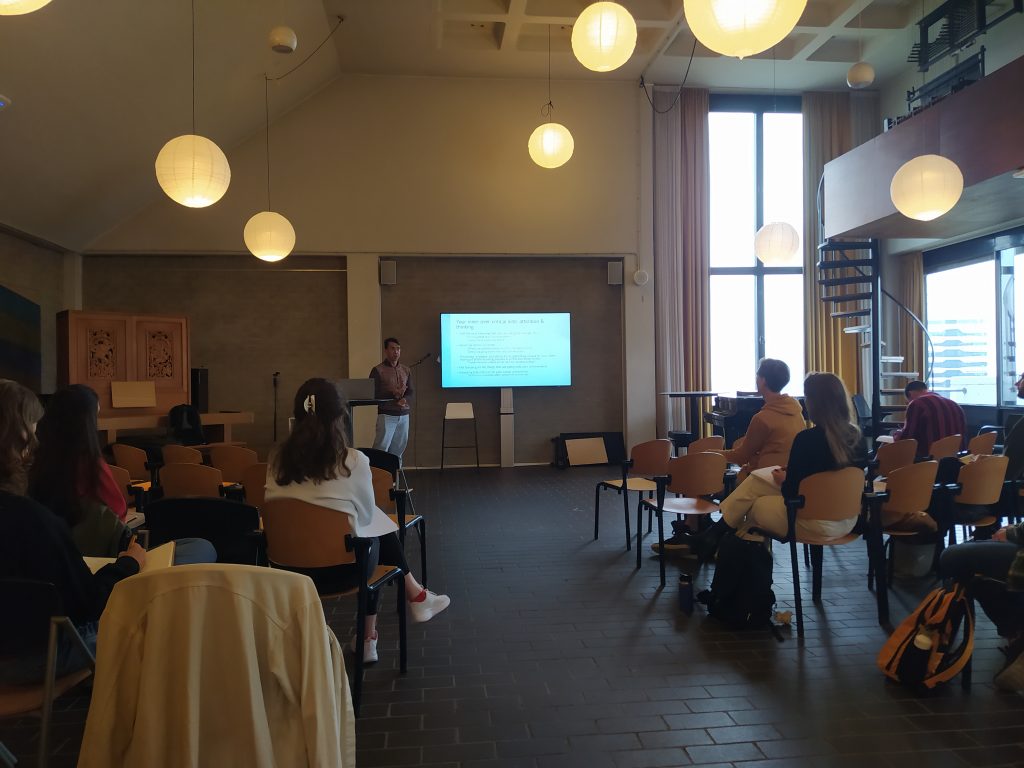
“I liked the interactive mode; instead of just giving a lecture and sending off the participants to do the homework at home, having the audience do a few exercises in the workshop and then reflect on them created a space where the participants could take a few minutes to reflect on themselves without outside pressures.”
Anonymous participant
“The topic was extremely relevant; I also find the timing of the workshop very helpful – at the beginning of the academic year when people are getting busier and busier after summer.”
Anonymous participant


